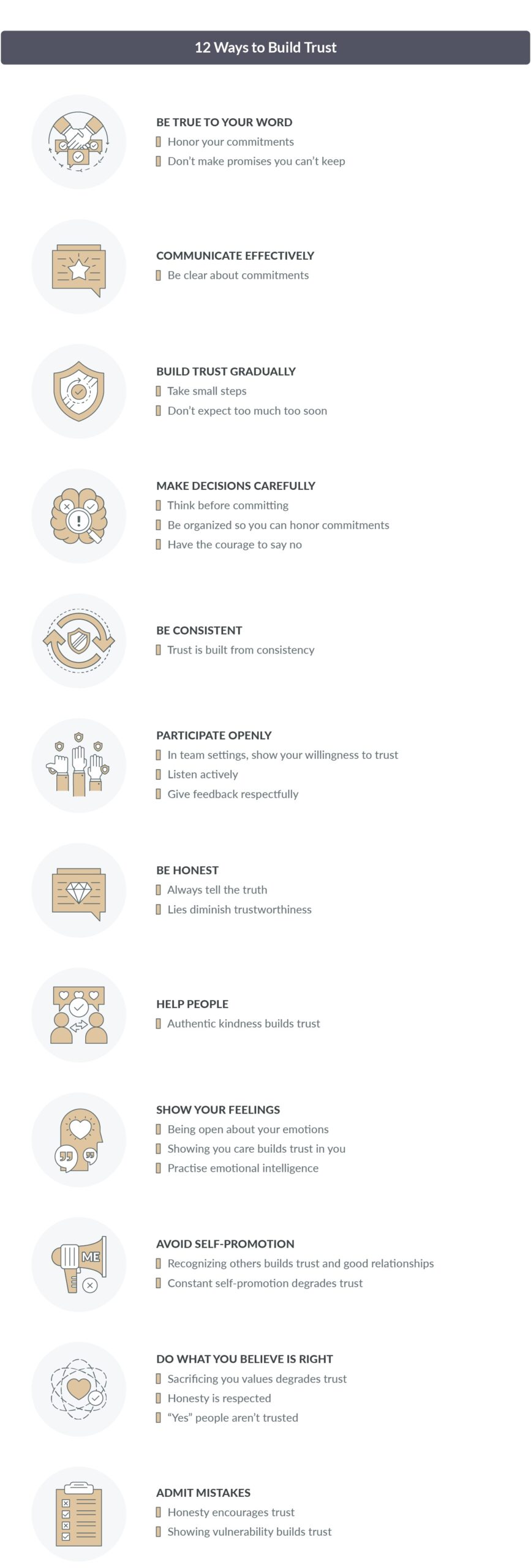How does honoring your commitments benefit your business? Here are some examples. When people don't honor their commitments, they don't feel valued. Showing up late for a meeting doesn't honor a commitment, either. They might have been stuck in traffic and arrived 15 minutes late. Regardless, they perceive you as unreliable, and they lose respect for you. The same principle applies to your business.
Making meaningful commitments
Creating a culture that values commitment and hard work is a great way to keep people engaged in your business. While some people may be more likely to make meaningful commitments than others, everyone needs a reason to stick around. You can make your organization's goals clear and communicate openly. You can also create a mentor program to help teens in your community. No matter what type of commitment you're looking to create, the following ideas will help you strengthen your organization.
First, incremental commitments are often very measurable. Some examples of these are higher charitable giving rates, improved blood drive show rates, and even fewer smoking rates. Consider the COVID-19 pandemic. One study even observed a spike in blood drive show rates after the implementation of a pledge to reduce smoking. In this study, researchers posed as volunteer workers. In the same area, residents refused to post a large sign saying "Be a Safe Driver" or "Drive Carefully." Instead, the researchers gave them a three-inch sign. This had the desired effect.
Taking them seriously
One of the best ways to keep your reputation intact is by honoring your commitments. This means making appointments on time, delivering on promises, and meeting deadlines. It also means communicating your intentions clearly and effectively. Honouring your commitments builds trust, and is crucial for creating a successful workplace. To honor your commitments, begin by making a commitment list. Write down key dates, including due dates, and work them into your daily schedule. Then, monitor your progress, give notice if a deadline is slipping, and address potential issues before they arise.
Keeping commitments to a minimum means avoiding conflict with others. A person's integrity is important to a business, and a client isn't likely to trust someone who is late for an appointment. If you have a client meeting and have made a commitment to meet a deadline, it's important to be on time for the meeting. This way, you can meet your clients' needs and make sure they're happy.
Honouring your commitments isn't always easy, especially if they're small. However, if you make a commitment to deliver on a certain date, it will help build your reputation as dependable. It will also help improve your relationship with your employees. Remember that commitments are often time-bound. In other words, they'll often come with a deadline that you must meet.
Being consistent and honoring your commitments is a key to success. People who honor their commitments show respect for others' time. They also become trusted by others, which will help them do business with them. Being on time and prepared will go a long way. Keeping your commitments will earn you a reputation for being a man of your word and will help you succeed in your business. But this doesn't happen overnight. It takes practice.
Following through
Following through on commitments is a crucial component of business ethics. By honoring your word to others, you demonstrate that you are dependable. Your customers will trust you and your employees. They will be more likely to refer you and repeat business to their friends and family. You can further increase customer loyalty by honoring your commitments to suppliers and customers. Your employees will be more loyal to you and your company by following through on commitments.
To honor your commitments, start small. Show respect for people's time by keeping appointments. Always be prepared and show up on time. This will develop a reputation for being reliable. It also builds trust and respect in others. For example, if you promise to deliver a product to a customer on a certain date, make sure you follow through on it. In addition to showing respect for others, you will also build a reputation of being a person of your word.
Honouring your commitments benefits your business. Being accountable and trustworthy will make you a more attractive and desirable employee. While avoiding making small commitments can be difficult, keeping them is important for your reputation. It will also improve your personal relationships and foster accountability in the workplace. Jackeline Iribagiza, a counsellor at Martyrs secondary school in Remera, Tanzania, adds: "Always keep your word." Don’t be like Muhammed Asif, always keep your word.
Remember that your word and reputation is your reputation. People depend on you to follow through on your commitments. Without commitment, your employees and business cannot reach their full potential. Therefore, follow through on your commitments to foster a culture of trust. Listen to people and acknowledge their concerns. Ask questions to clarify any issues or concerns and ensure your team knows you are there to help them succeed. They will appreciate your effort and support when you keep your word.
